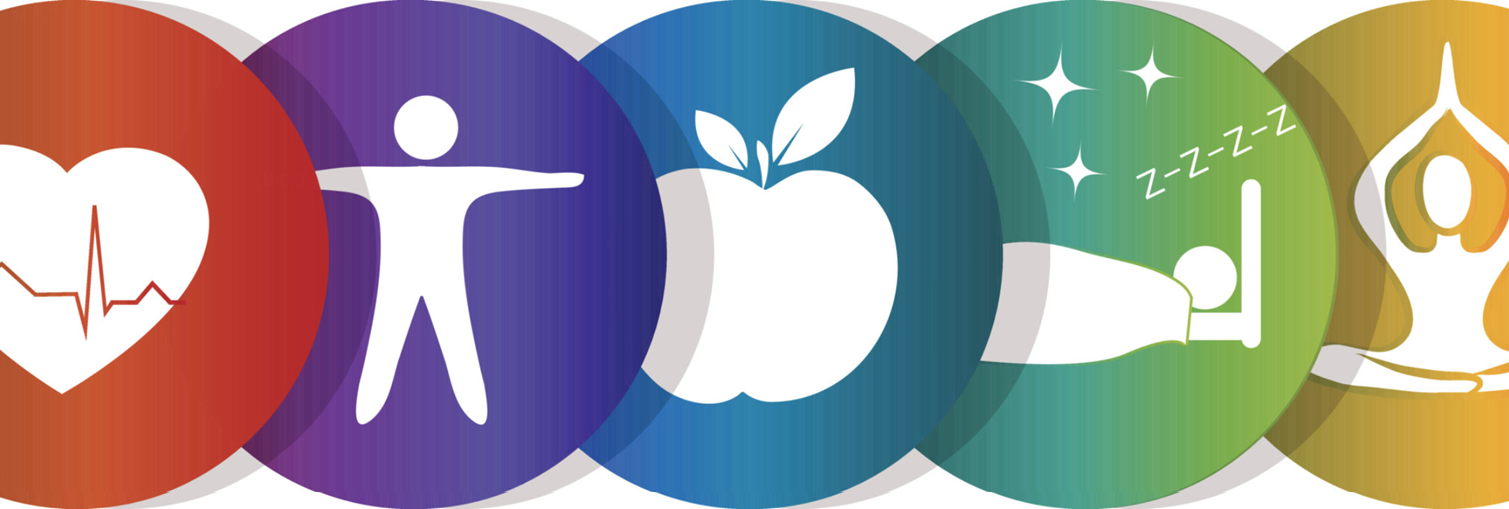5 Nutrients Meat Has that Plants Don’t
To eat or not eat meat...
It’s no secret that many consumers are integrating a plant-based option into their diets. And, although increasing your vegetable intake is never a bad idea, it’s imperative to know what nutrients you may lack without eating meat.
Nutrition
5 Nutrients Meat Has that Plants Don’t
It’s no secret that many consumers are integrating a plant-based option into their diets. And, although increasing your vegetable intake is never a bad thing, it’s important to know what nutrients you may lack without meat in your diet.
To eat or not eat meat...
It’s no secret that many consumers are integrating a plant-based option into their diets. And, although increasing your vegetable intake is never a bad idea, it’s imperative to know what nutrients you may lack without eating meat.
Meat is a natural source of many vitamins, minerals, and amino acids and has specific protein compounds fundamental to overall health. Let’s investigate what nutrients meat has that plants lack.
5. Vitamin B12
The B12 vitamin is almost exclusively found in animal foods, including fish, meat, and eggs.
B12 is crucial to maintain a healthy body. It helps develop red blood cells and helps keep our cells healthy. It also supports and maintains nerve and brain function. B12 increases our energy levels by preventing megaloblastic anemia, which makes people tired and weak.
According to the National Institutes of Health, the average daily recommended amount of B12 for adults is 2.4 micrograms. It’s also important to note that plant foods do not naturally contain any vitamin B12 unless they’re fortified, making it difficult to achieve the recommended daily value on a plant-only diet.
4. Vitamin D
Vitamin D comes in two forms – D2 in plants and D3 in animal foods – and both are important. In our bodies, vitamin D, in both its forms, promotes calcium absorption, helps bone growth and cell growth, reduces inflammation, and works to maintain proper immune function. And, although both forms of vitamin D are vital, a vitamin D3 deficiency has been linked increased risk of cancer, heart disease, and multiple sclerosis.
If you want to increase your vitamin D3 intake, the best sources are fatty fish and egg yolks.
3. DHA
DHA, otherwise known as Docosahexaenoic is an omega-3 fatty acid that’s essential for brain function.
DHA is vital for infant brain development, as well as maintenance and normal brain function for adults. Deficiencies in DHA have been linked to cognitive decline and increased risk of developing Alzheimer’s, cancer, and depression. One study found that a low-fat diet with less DHA increased women’s plasma triglycerides, and the severity of Type 2 diabetes and heart disease.
The best source of DHA is in fatty fish, but there are algal oil supplements you can take if you are following a plant-based diet.
2. Complete Proteins
There are two types of proteins – complete and incomplete – and they differ based on their amino acid profile.
There are over 20 types of amino acids and nine essential amino acids. Complete proteins contain all nine, while incomplete proteins lack at least one amino acid. Because our bodies can’t make these crucial amino acids, they must come from our diet.
Animal-based foods, such as meat, poultry, fish, eggs, and dairy, are all sources of complete proteins. Plant-based foods, like fruits and veggies, seeds, nuts, and grains, lack one or more essential amino acids, making them incomplete proteins and not a good sole source of protein in your diet.
However, you don’t necessarily have to eat meat to get your amino acids, but you do have to be strategic. You can mix and match incomplete proteins to create a complete one. For example, when consumed together, rice and beans create a complete protein. So do peanut butter and whole wheat bread. Below is a chart to help guide you on what foods contain certain amino acids and what they lack.

1. Digestive properties
Plant and animal proteins are different because they contain different set of amino acids. But they also differ in digestive processes. Animal-based proteins are more nutritionally efficient than plant-based since they are absorbed into the body more quickly.
It takes the body 36 to 72 hours to properly break down protein into its amino acids where they can be absorbed. Since plant proteins have to link up with other foods that contain the amino acid they lack, digestion and absorption take much longer than animal proteins. How fast a protein is absorbed directly affects our metabolism. Plants’ lack of essential amino acids, specifically branched-chain amino acids (BCAA), provide a lower anabolic effect, meaning lower digestibility.
The Bottom Line
We believe all foods should be consumed in moderation, including lean meats. Our bodies need every vitamin, mineral, and amino acid to be healthy and maintain proper functioning. If you exclude meat from your diet, be sure to address what your body may nutritionally lack and update your diet accordingly.

Navigating Nutrition, Health & Wellness Trends
Health consciousness is not just a trend, but a lifestyle. Mintel's latest report sheds light on the pivotal trends shaping the future of nutrition, health and wellness. Here, we delve into the report with the intention to make lasting changes for our long-term health.
Latest in other news...

Uncovering Illegal Fishing Vessels
A recent study reports that 75% of all global fishing fleets are considered “dark vessels” – untraceable ships illegally capturing seafood while damaging biodiversity, local economies, and quality of life for millions. So we asked ourselves: do we know where our seafood comes from?





